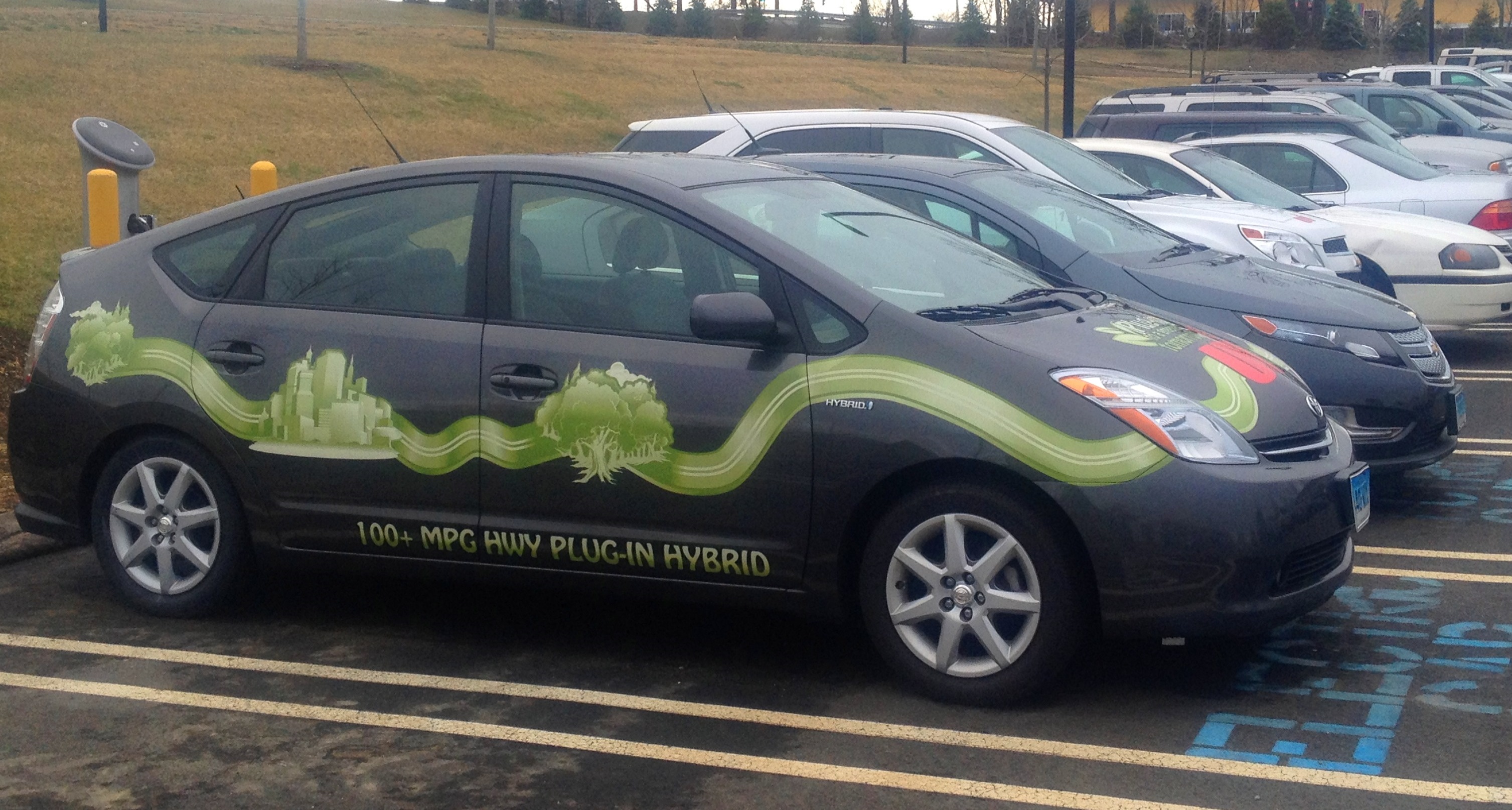Earlier this week, the American Association for the Advancement of Science released a new report and website called What We Know.
AAAS, the world’s largest non-governmental body of general science, said their goal is to spread the word about the strong scientific consensus on climate change, reiterate its dramatic impacts, and call for meaningful action from our governing bodies.
 A great analogy in the report clears up a widespread myth about the effects of climate change. It states “greenhouse gases have supercharged the climate just as steroids supercharged hitting in Major League Baseball.” During any season in the steroids era, there were more and longer home runs, even though no specific hit could be directly attributed to steroids. The same is true of climate change. Even though particular weather events or changes in nature cannot be directly attributed, climate change is an amplifier. Certain extreme weather—like heat waves—are now more frequent, and environmental changes—like coral bleaching—are more widespread.
A great analogy in the report clears up a widespread myth about the effects of climate change. It states “greenhouse gases have supercharged the climate just as steroids supercharged hitting in Major League Baseball.” During any season in the steroids era, there were more and longer home runs, even though no specific hit could be directly attributed to steroids. The same is true of climate change. Even though particular weather events or changes in nature cannot be directly attributed, climate change is an amplifier. Certain extreme weather—like heat waves—are now more frequent, and environmental changes—like coral bleaching—are more widespread.
The impacts of climate change have already hit us right here in Connecticut and the Long Island Sound area. Check out the list below, informed by AAAS’s new report and including issues we work on every day at CFE and Save the Sound.
- Ocean acidification: Most carbon emissions actually wind up in our oceans, making them warmer and more acidic. This harms shelled creatures like oysters, which can’t grow their calcium-based shells in acidic water, and could have devastating impacts on species in Long Island Sound and the thousands of jobs that depend on them.
- More extinctions: Extinction rates are likely to go up as the planet warms faster than creatures can adapt. This will be particularly harmful when combined with other environmental pressures like habitat loss. In the densely developed areas around Long Island Sound, this could spell disaster.
- Sea level rise: Rising water levels make storm surges higher—massive coastal flooding was seen all along the Connecticut shoreline during recent big storms, including Sandy.
- Human health consequences: Severe storms and flooding hurt people in the short term, but lingering consequences can be deadly too. Mold growth in flooded buildings, contaminated drinking water, and more all occur after severe storms strike. Infectious diseases passed along by insects are already spreading from the tropics to New England.
- Seasonal behavior changes: Animals’ seasonal behaviors like migration and nesting are happening sooner than they used to only a few decades ago. This may not seem like a huge deal, but if fish, for instance, arrive at their spawning grounds earlier than in prior years, the animals that rely on them for food might miss out later in the season.

In Connecticut and around Long Island Sound, our work deals with the causes and effects of climate change every day. We’re committed to continuing our efforts—lobbying for carbon-cutting policies, restoring marshes and dunes that buffer waves, building communities that are resilient to flooding or power loss—that slow climate change and help us prepare for the future. As the report concludes, “we’ve successfully faced environmental challenges before. There’s much we can do to respond to the challenge and risks of climate change.”
Update: Yale’s Environmental blog, Yale360, recently interviewed Mario J. Molina, who is chairing AAAS’s efforts. You can read his interview here!

2 thoughts on “The 97%: Near-unanimous consensus on realities of climate change”
Comments are closed.